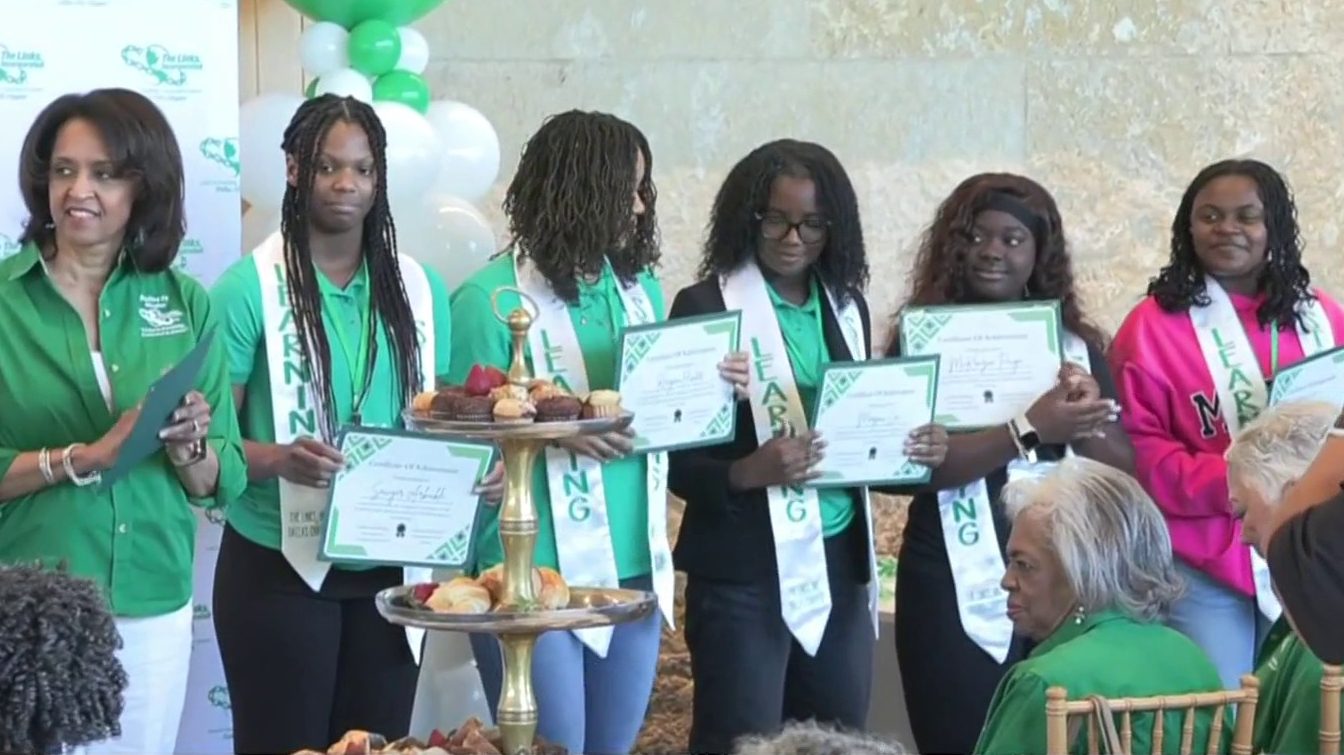Major airlines are scrambling to prevent a projected shortage of qualified pilots over the next decade.
"If we don't have enough pilots, planes don't fly," said Greg Muccio, senior manager at Dallas-based Southwest Airlines.
Over the next 20 years, Boeing predicts North America alone will need 112,000 new pilots but there may not be enough.
A study by the University of North Dakota, a leading aviation school, anticipates U.S. airlines will begin falling short in just a few years, with the project pilot deficit reaching nearly 15,000 by the year 2026.
"Right now it's the regional airlines are the ones that are really feeling the most heat," said Muccio. "You can talk to several of them and they are really short. I mean some of them down 100 plus pilots."
The fleet of aging airline pilots is the biggest reason.
As they reach the mandatory retirement age of 65, the number of pilots leaving the cockpit is rising and will reach nearly 30,000 by 2030.
Local
The latest news from around North Texas.
"Heavy retirements are going to hit the industry over the next 10 to 15 years" said Muccio. "That just creates a void that you have to go try and fill, and that's huge."
Already, airlines are stepping up pilot recruitment.
Many of them are raising pay and bonuses for pilots to attract more students, who often arrive for training already burdened with heavy student debt.
"The way to think about a pilots education is it's all your normal university costs plus another $60,000 to $80,000 in just flight training and certification on top of university costs," said Capt. Ric Wilson, vice president of Flight Operations at Envoy.
American Airlines expects to hire more than 500 new pilots this year alone, many of them to replace those who retire.
More than half will come from Envoy, one of the company's wholly owned regional carriers.
Envoy is now hiring about 70 new pilots every month to keep up with the demand.
"The pay has increased which is driving more pilots over into the small commuter airlines, it helps ease the burden of student loans and things like that," said Stephen Rising, a new pilot hire from McKinney. "It just makes it easier to go and apply and fly for the regionals."
Each new pilot hired by Envoy arrives for training with the promise of moving on to American Airlines a few years later, and added bonus for students hoping to fly for a major airline.
"As long as American Airlines is hiring pilots, Envoy pilots have a seat at American Airlines, it's just that simple," said Capt. Jon Reibach, director of pilot recruitment at Envoy.
Southwest is now hiring hundreds of new pilots each year to fill the seats of older pilots set to retire, and building a larger training facility at Dallas Love Field to keep up with the aggressive hiring demands.
"We're hiring at a pretty fast clip,' said Muccio. "The last two years we've hired over 600 pilots, we'll do the same this year and I really don't see us backing off that number."
Many U.S. pilots are also going overseas to fly because many foreign carriers offer better pay and fewer flight requirements, contributing to the projected pilot shortage here in this country.
"It's beginning to reach some of the majors," said Muccio. "If we're not starting now to fix it we won't be able to fix it."
"This is a deal we're we just, we got to have our foot on the pedal the whole entire time and we just can't take it off," said Muccio.
Many new pilots at regional airlines can now start at about $60,000 a year.
Captains flying big international jets for mainline carriers can often earn well over $200,000 yearly.



